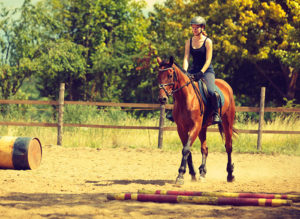
Are You and Your Horse a Good Match?
Temperament testing by a Brazilian research team found horses were more reactive with poorly matched riders, and a long-term riding relationship between horse and human didn’t guarantee a better outcome.


Temperament testing by a Brazilian research team found horses were more reactive with poorly matched riders, and a long-term riding relationship between horse and human didn’t guarantee a better outcome.

Two leading researchers explain insulin’s effects on the body and how to manage the insulin-resistant horse.
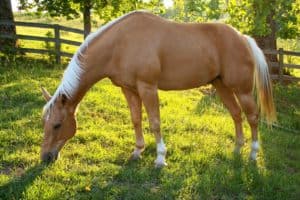
More than four hours without feed is fasting for a horse and can lead to issues. The solution for evening feeding? Slow feeders extended nighttime “grazing” time by 95-105%, researchers observed.

Placing a boot on a horse’s weaker leg can use proprioception to help him build muscle force and reverse asymmetry, a study finds.
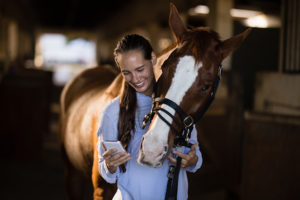
French researchers tested a quicker, easier, and potentially more accurate method of monitoring horses’ temperatures.
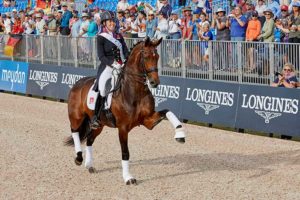
The disqualification of Great Britain’s top dressage rider dropped the team’s placing from silver to fourth.
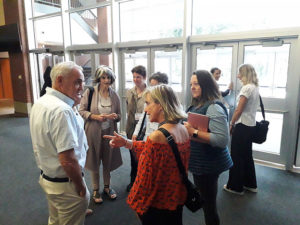
International Society for Equitation Science conference attendees learned about practical applications of scientific studies and discovered new theories about horse welfare and behavior.

Get an insider’s recap of the world’s leading equitation science conference. You’ll also learn about whip use, rider balance, and safety.

It’s the most frequently diagnosed equine infectious disease in the world. Find out how researchers are working to develop better detection methods and vaccines for strangles.

The choice of track surfaces during racehorse training could affect the chances of horses getting seriously injured on race day.
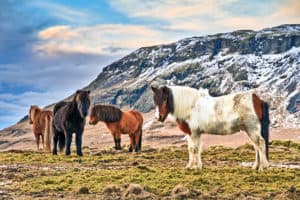
We take a look back at seven eye-opening equine disease outbreaks in the past 100 years, including influenza in Australia, equine viral arteritis in North America, and African horse sickness in Spain.
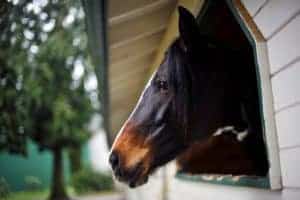
Researchers have discovered that breathing in various kinds of molds can cause a horse to develop IAD.
While many veterinarians use a clamp to accomplish hemostasis, a Swiss research team has uncovered significant benefits offered by a different castration and clamping method.

Before you load your horse into a trailer, you might wrap him head-to-toes to protect him. But the most important thing you can do to help him travel unscathed? Drive safely, researchers say.

Researchers found providing handfuls of forage to horses within hours after colic surgery improved gut healing.

Knowing the “location” of horses’ genetics—proximity to some, distance from others—on a “map” could help improve breeding programs and conservation efforts, researchers said. Here’s how.
Stay on top of the most recent Horse Health news with